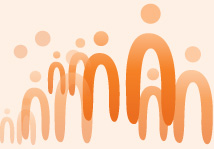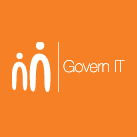Programme Committee Chairs
Jan Pries-Heje, Roskilde University, Denmark
Michael Rosemann, QUT, Brisbane, Australia
Programme Committee Members
David Avison, ESSEC, Paris, France
Richard Baskerville, Georgia State Univ., USA
Josef Basl, Charles University Prague, Czech Republic
Irwin Brown, University of Cape Town, South Africa
Sven Carlsson, University of Lund, Sweden
Kevin Crowston, Syracuse University, USA
Dirk Deschoolmeester, Vlerick Management School, Gent, Belgium
Steve Elliot, University of Sydney, Australia
Theo Härder, University of Kaiserslautern, Germany
Juhani Iivari, University of Oulu, Finland
Anders G. Nilsson, Karlstad University, Sweden
George M. Kasper, Virginia Commonwealth University, Richmond, USA
Karlheinz Kautz, Copenhagen Business School, Denmark
Tor J. Larsen, Norwegian School of Mgmt.
Michael Myers, University of Auckland, New Zealand
Bill Olle, representing British Computer Society in IFIP TC 8
Barbara Pernici, Politecnico di Milano, Italy
Yves Pigneur, University of Lausanne, Switzerland
Maria Raffai, Szechenyi Istvan University, Hungary
Jolita Ralyte, University of Geneva, Switzerland
Isabel Ramos, University of Minho, Portugal
Hans J. Scholl, University of Washington, Seattle, USA
Krassen Stefanov, University of Sofia, Bulgaria
A Min Tjoa, Vienna University of Technology, Austria
Maria Wimmer, Koblens University, Germany
Doug Vogel, City University, Hong Kong |
 |


